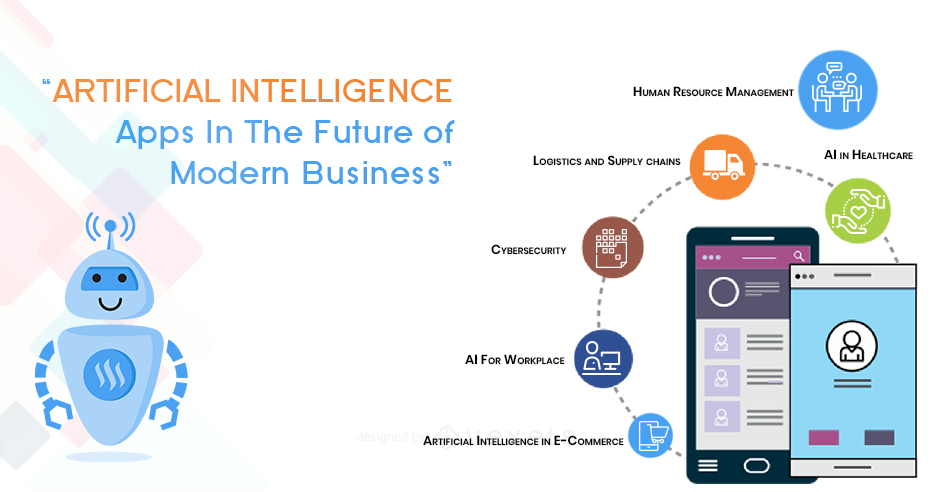
Artificial Intelligence Apps in the Future of Modern Business
Artificial Intelligence (AI) is a far-reaching and rapidly evolving branch of computer science concerned with building intelligent machines capable of performing millions of tasks that usually require human intelligence.
The year 2022 has brought AI into the mainstream through widespread acquaintance with apps Generative Pre-training Transformer (GPT). The most often used programme is ChatGPT by Open AI. From the perspective of the majority of customers, ChatGPT has become correlated with AI due to its broad obsession. However, it only reflects just a tiny portion of how Artificial Intelligence (AI) technology is currently used.
The use of Artificial Intelligence has been showing signs of acceleration in business. According to IBM’s 2021 Global AI Adoption Index, nearly 75% of companies are now using AI. Artificial Intelligence is dramatically changing how businesses operate fundamentally, from communicating with their customers through virtual assistants to the automation of critical workflows and even managing network security.
Advances in AI tools have made Artificial Intelligence more accessible for companies, with data security, process automation, and customer service being the top areas where AI is being used.
Artificial Intelligence Apps and their Capabilities
1. Artificial Narrow Intelligence (ANI)
- ANI is one of the most ubiquitous types of AI apps.
- ANI is an AI with limited memory and reactive character oriented to specific objectives.
- Its functionality is acting in a single role and fulfilling it.
- ANI includes everything from virtual assistants such as Siri, Alexa, Google Assistant, or Elsa Speak to autonomous transportation such as Self-driven vehicle systems.
- ANI is based on implementing a series of actions and instructions in machines.
2. Artificial General Intelligence (AGI)
- AGI is an AI Model that is capable of performing any task with the same effectiveness as a human being.
- It is also known as Cognitive AI.
- AGI stimulates the machine of all the human brain processes for autonomous decision-making in multiple scenarios.
- In simple words, AGI has the ability to evaluate and detect various needs, processes, and emotions to act accordingly.
- AGI models strategies from platform users' everyday interactions, doubts, conditions, and behaviours.
3. Artificial Super Intelligence (ASI)
Though unsure if this degree of complexity can be achieved, ASI might be able to perform any given task better than humans without the need to replicate their behaviour.
ASI will have the ability to think, reason, and apply its own judgments to complex situations in an autonomous way.
ASI will be able to plan based on experience, learn and communicate on its own in the future.
Importance of AI Apps in Enhancing Business Processes
AI's future is bright in business. AI plays a more prominent role in business improvement and has become an integral part of business operations. In order to be competitive, companies are investing in AI.
- AI can help businesses to automatise tasks and save time and money.
- AI makes better decisions by providing data-driven insights.
- AI will become increasingly crucial for businesses to optimise and improve on the whole.
- AI automates manual tasks such as making travel-related arrangements or scheduling meetings.
- AI enhances customer relationships.
- AI also conducts Data Analysis to make better decisions for the business.
- Customer services have already seen positive growth due to AI.
- Personalized Marketing has become improved and more efficient because of AI.
Benefits of Integrating AI apps into Business Operations
From the above paragraphs, we know that the top applications of AI are Automation, Data Analytics, and Natural Language Processing. Let us learn more about them.
- AI Automation: AI automation has saved employees from doing repetitive tasks. This, in turn, gives them time to focus on higher-value tasks.
- Data Analytics: It allows businesses to gain previously inaccessible insights by discovering new patterns and correlations in data.
- Tone Detection and Natural Language Processing (NLP): NLP empowers search engines to be more innovative. It makes chatbots more efficient and helpful. It also helps people with disabilities by boosting accessibility.
Key AI Applications in Modern Business
1.Intelligent Customer Service
- We are aware that Artificial Intelligence plays a vital role in customer service.
- In present times, AI is used to improve the customer experience and creates delightful interactions with customers.
- Chatbots and sentiment analysis help support teams streamline workflow and instantly address customer concerns and requests.
Benefits of using AI for customer support
- AI technology is used to have a smooth journey with the customer with zero friction.
- AI maximises customer service interactions.
- As the workflow is improved, customer response metrics are also improved.
- Predictive AI helps in identifying patterns and proactively making improvements to the customer experience.
Examples of AI customer service apps and their features
- Duolingo has developed a new learning experience powered by GPT-4. It has generated AI-powered features that enable users to learn from their mistakes and practise real-world conversations.
- Netflix uses machine learning to curate personalised recommendations for its viewers. Of recent, Netflix has refined its offerings based on the characteristics to make content successful with the help of machine learning.
2. Predictive Analytics
- It is a department of advanced analytics that predicts future events and outcomes.
- Predictive Analytics helps businesses to look into the future with a reasonable degree of precision.
- It analyses old and current data to assess the future.
Applications of AI apps in Predictive Analytics
- In sales and revenue forecasting, AI apps can analyse old sales data, the behaviour of the customers, and the current market trends in order to predict future sales and revenues of the businesses. This, in turn, helps companies with their inventories and marketing strategies and make business decisions.
- AI apps analyse customer data such as demographics, purchase history, and online behaviour to identify patterns that indicate a potential churn. By predicting this, businesses can email discounts to customers to retain them.
Real-world Examples of Predictive Analytics Apps in Business
- Amazon is an excellent example of predictive analytics to upsell its products. Amazon’s customised displayed ads are proof that through predictive analytics, amazon tends to know the purchasing behaviour of their customers.
- Netflix uses AI-powered analytics to predict what viewers will likely watch next.
3. Autonomous Decision Making
- Autonomous Decision Making is the utmost progressive part of data-based decision making.
- Autonomous agents execute actions by their own to serve predefined goals based on old data and future predictions.
- AI automates decision making with little human intervention.
- AI enhances automation by reducing human labour and tedious tasks.
How AI apps analyse data and provide valuable insights
- AI takes in large amounts of training data and learns from the data.
- Post learning, it analyses the live data for patterns and correlations, predicts about the future.
4. Personalised Marketing
- AI should be perceived as a tool to drive marketing to achieve goals with high precision.
- AI will help marketers by combining advanced technology and human creativity to read, learn, and engage with modern consumers simultaneously with hyper-personalisation, relevance, and timely communication.
Benefits of using AI-Powered Apps for Targeted Advertising
- AI helps in creating targeted ads by analysing data of customer’s demographics, online behaviours, and interests. AI helps to improve the effectiveness of advertising campaigns by making sure that the right audience sees the ads.
- Artificial Intelligence helps in optimising advertising campaigns for better results as it can identify what works and what is not working and make changes.
- AI helps in reducing the risk of losses that may arise due to ineffective ad campaigns.
Examples of successful personalised marketing campaigns using AI apps
- Buzzfeed, one of the world’s best-known content websites, generates over 100 million visits monthly through AI-driven content.
- Heinz launched its first ad campaign with visuals generated entirely by AI.
AI Writing Tools: Another resource in personalized marketing
AI writing tools can be another resource in your personalized marketing arsenal. Some popular examples of AI writing tools include an AI paragraph generator, OpenAI, and Smodinai. These tools can help you craft compelling ad copy, product descriptions, and even personalized email marketing campaigns that resonate with your target audience.
Challenges and Considerations
Ethical Considerations in AI App Development and Usage
- AI systems deliver biassed results as it is not neutral as it processes big data with the most clicks.
- Type in your favourite search engine, “greatest leaders of all times” and you will probably see a list of the world’s male personalities. AI is gender biassed.
- Surveillance practises for gathering data and privacy of the court users.
- AI tools lack transparency.
Potential Risks and Limitations of AI Apps in Business
- Mistakes can cause humongous damage to a company’s infrastructure and reputation.
- There is extreme vulnerability to cyber attacks and raises questions about its security policies.
Addressing Privacy Concerns and Data Security
- Along with data comes heightened responsibility for the customer’s privacy concerns. Be transparent about your data collection practises.
- Data security is vital for any business that uses consumer data. Make a plan that protects your customer’s data from unauthorised access and use.
The Future of AI Apps in Modern Business
- AI will allow businesses to reach a much larger audience and will help to establish long-term customer relationships.
- As AI develops, the world will see new startups, consumer uses, and numerous business applications.
- There will undoubtedly be the displacement of certain specific jobs and the creation of entirely new ones.
- Artificial Intelligence with the Internet of Things has the potential to remake the economy substantially.
Conclusion
The realm of AI is vast and ever-expanding and fundamentally transforming how we live and work. Artificial Intelligence has revolutionised and will continue to revolutionise businesses for many years to come. From marketing to operations to sales, implementing AI into business environments reduces time spent on repetitive tasks, improves employee productivity, and enhances the overall customer experience. It also helps avoid mistakes and detect potential crises.

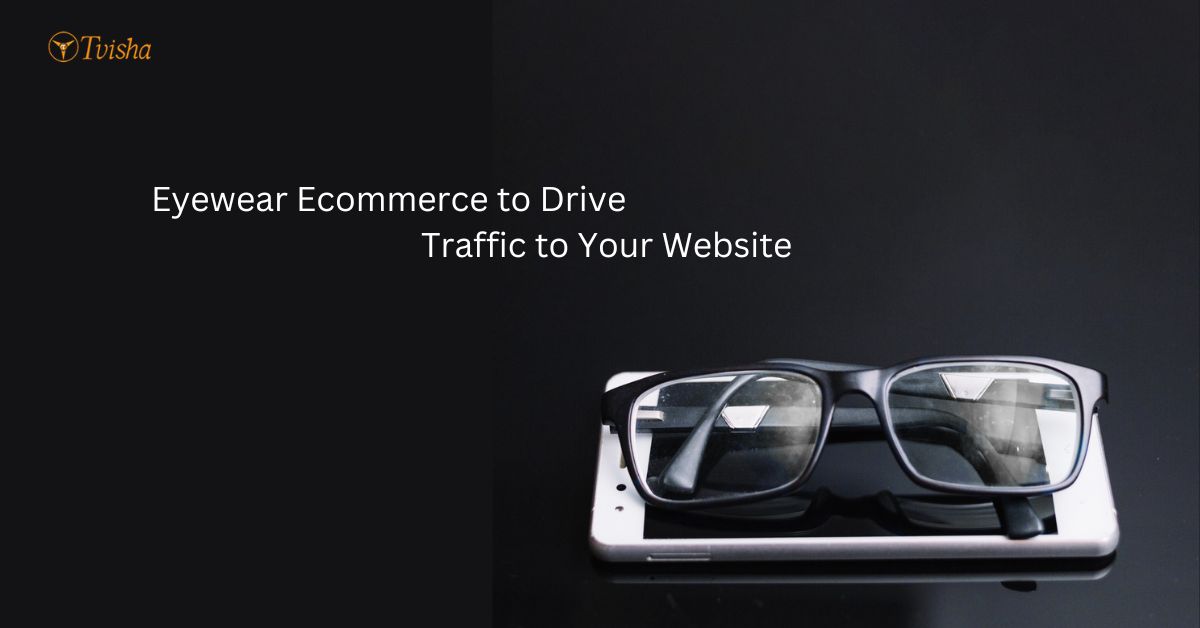
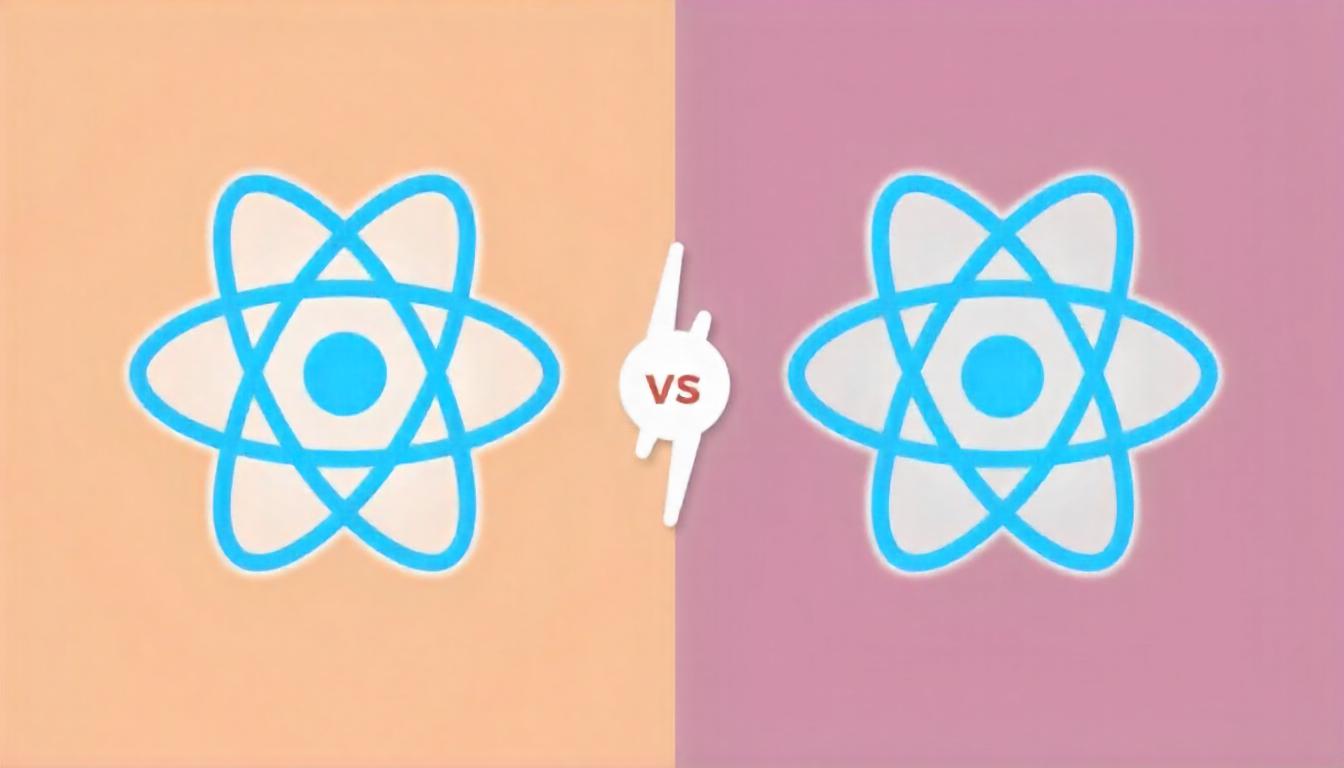
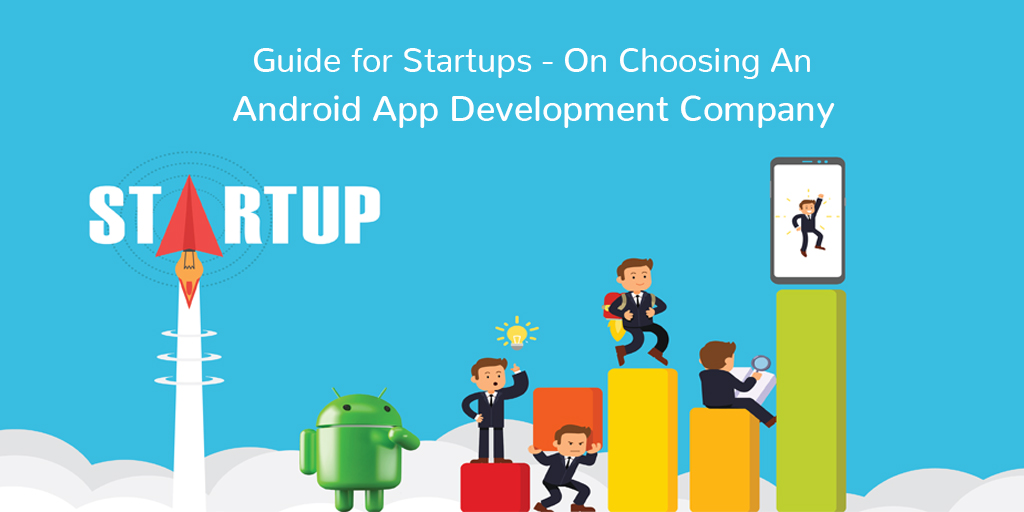
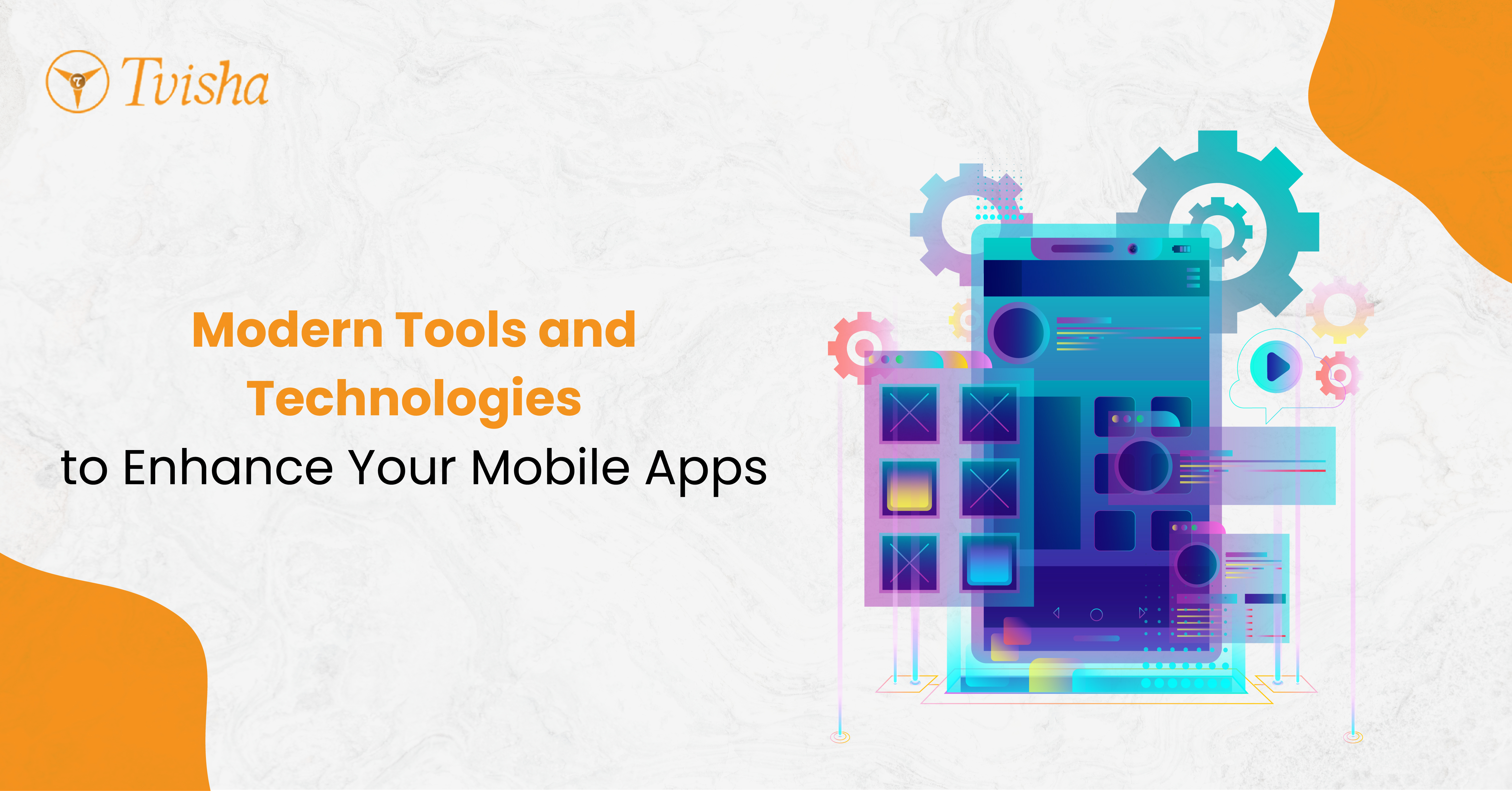
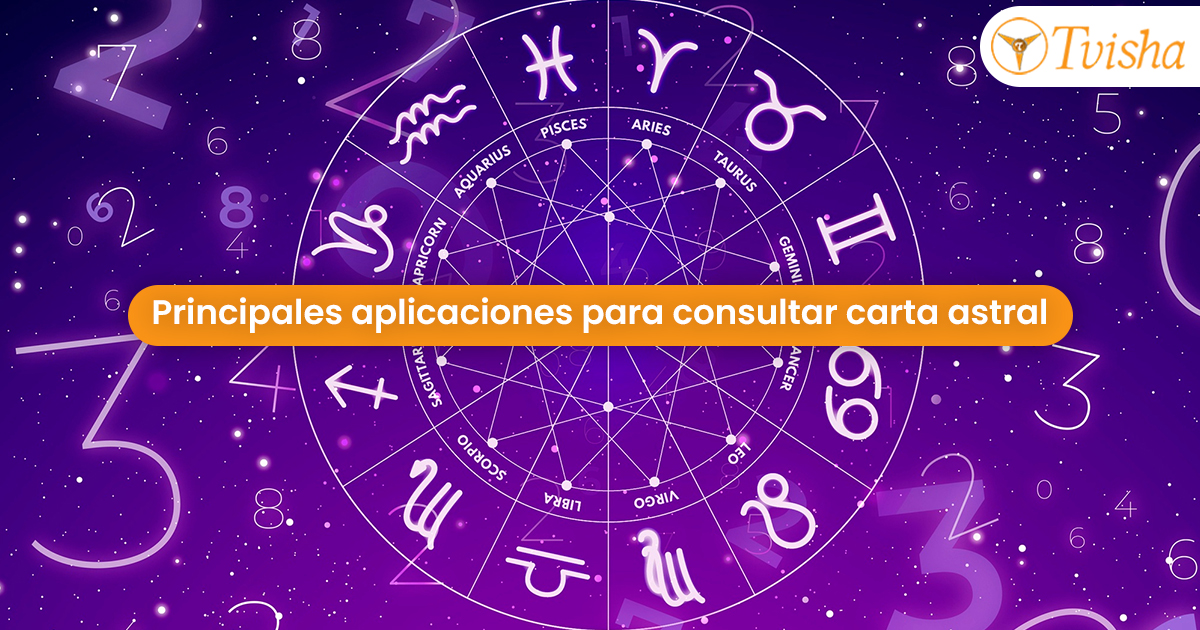











 Whatsapp
Whatsapp
 Email
Email


